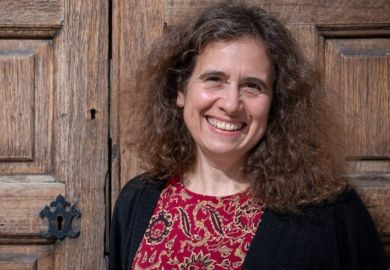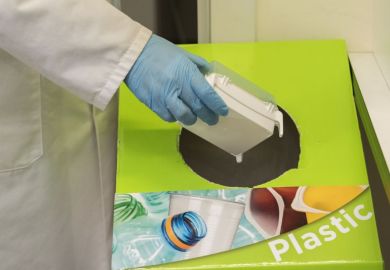A professor hailed as a “water microbiology icon” has died.
Huw Taylor was born in Swansea in September 1963 and studied microbiology at Cardiff University (1982-85). He went on to a position as a postgraduate research assistant at the University of Liverpool (1986-89), although he was largely based at the University of Évora in Portugal, carrying out fieldwork on the health risks of recycling wastewater in agriculture. He was awarded a PhD for this work in 1992.
Moving on to the University of Leeds and the position of research officer (1990-91), Professor Taylor worked on a project, based at the Federal University of Paraíba in Brazil, which looked at developing low-cost sanitation technologies for poor communities. This led in turn to a job as lecturer in public health at the University of Manchester Medical School (1991-93), where he also served as assistant director of the Northern School of Public Health, where he was responsible for coordinating the research and postgraduate teaching of Manchester, Salford and Manchester Metropolitan universities.
In 1993, Professor Taylor moved to the University of Brighton’s School of Environment and Technology, where he remained until the end of his life, becoming emeritus professor of microbial ecology shortly before he died. Here he built up a highly effective research group that addressed issues of wastewater treatment and river catchment management in Europe, as well as sanitation in low-income countries. He acted as an expert adviser to the World Health Organisation and WaterAid, and carried out consultancy work for a number of non-governmental organisations. At the time of his death, he was working on a groundbreaking project, funded by the Bill & Melinda Gates Foundation, to track microbial pathogen transmission routes in India and Kenya.
In a tribute at Professor Taylor’s funeral, James Ebdon, reader in environmental microbiology at Brighton, recalled his experiences of travelling to 28 countries with his colleague. Notable adventures included “swimming in leech-infested waters, plunging into frozen lakes, rowing across slurry lagoons, wading through sewage-laden floodwaters, running from crocodiles or drunken locals, and flying over an active Hawaiian volcano in a helicopter with no doors, a faulty seatbelt and piloted by a deaf octogenarian. Never shy of a challenge, Huw pushed himself (and those around him) well outside of their comfort zones on a regular basis.”
“Unpredictable, unconventional, often uncompromising,” Dr Ebdon went on, Professor Taylor “was recently referred to as a ‘water microbiology icon’ by the International Water Association and honoured with an award named after him, which recognises ‘Exceptional Scientific Contribution to Providing Water or Sanitation Solutions in Emergency and Developing Settings’”.
Professor Taylor died of cancer on 14 October 2017.
Register to continue
Why register?
- Registration is free and only takes a moment
- Once registered, you can read 3 articles a month
- Sign up for our newsletter
Subscribe
Or subscribe for unlimited access to:
- Unlimited access to news, views, insights & reviews
- Digital editions
- Digital access to THE’s university and college rankings analysis
Already registered or a current subscriber?




